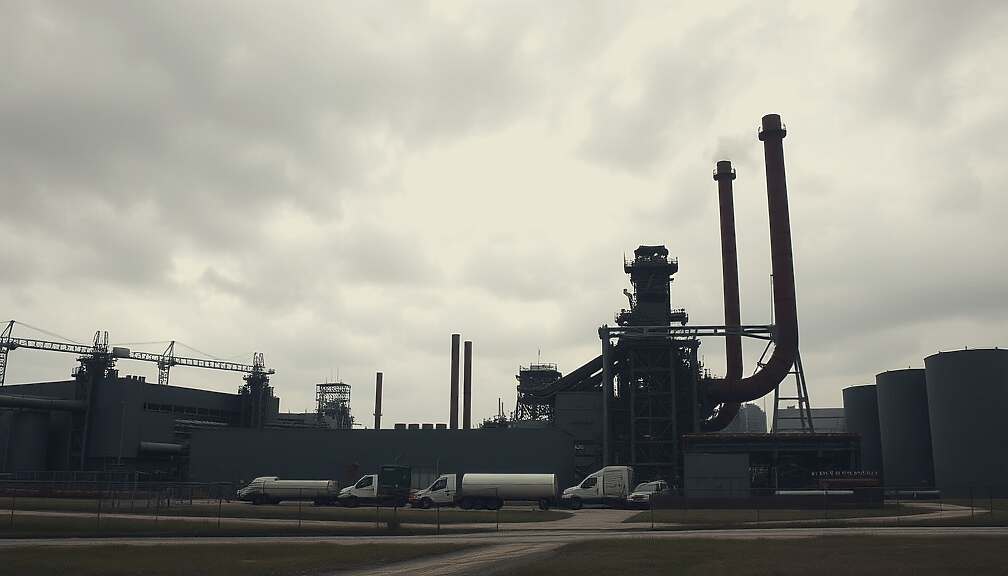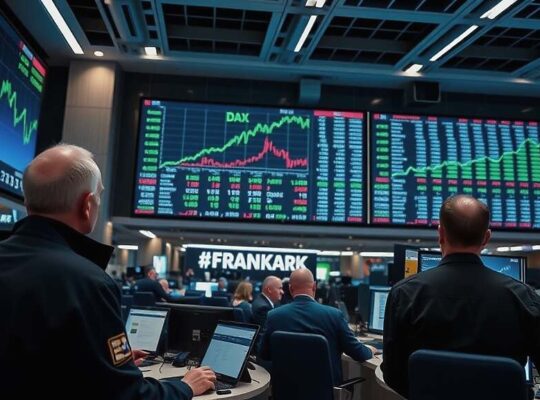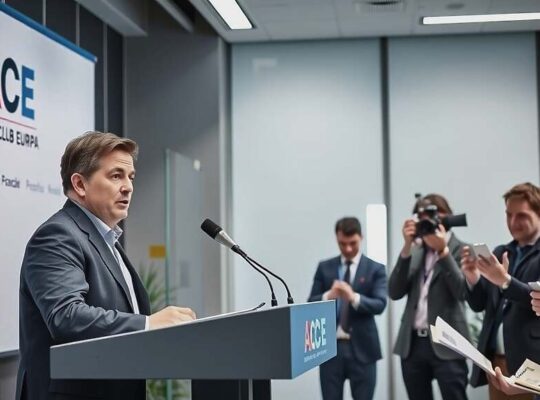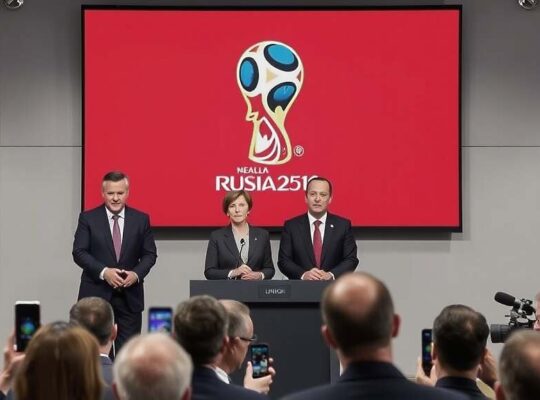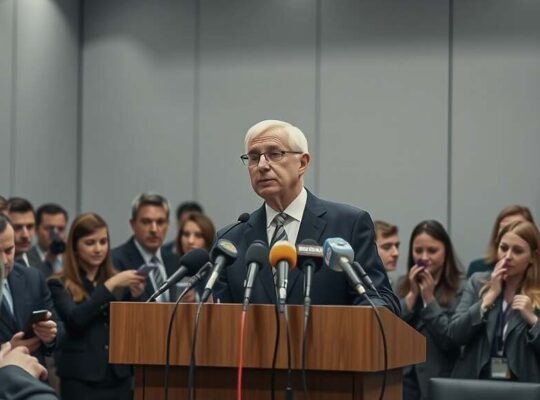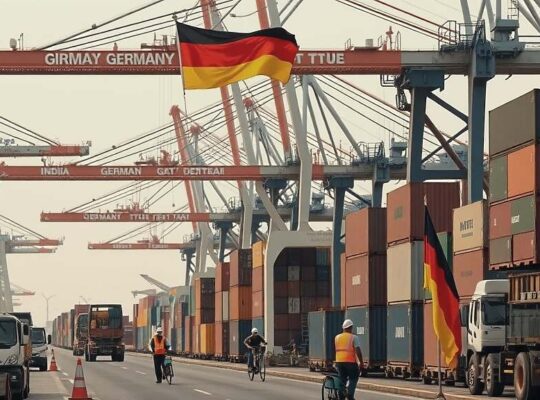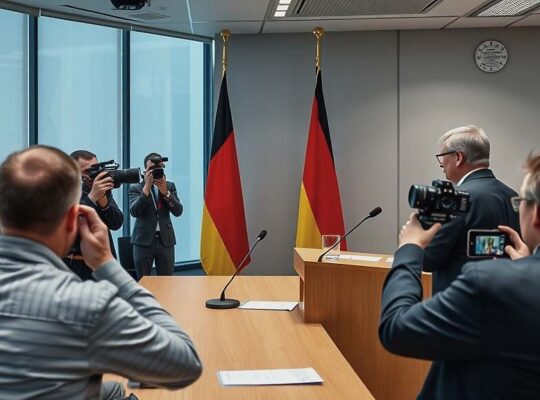Germany’s steel industry finds itself at a critical juncture, prompting urgent calls for decisive political intervention to safeguard its future viability. A recent meeting between IG Metall, the powerful metalworkers’ union and Lower Saxony’s Minister-President Olaf Lies underscored the escalating crisis facing the sector, with union representatives warning of a potential collapse of a foundational pillar of German industry.
The current predicament stems from a confluence of pressures. Skyrocketing energy prices, exacerbated by geopolitical instability, are crippling profitability for steel producers. Simultaneously, intense international competition, particularly from countries with significantly lower production costs and less stringent environmental regulations, is eroding market share. Finally, the necessary and complex transition to more sustainable production methods, while vital for long-term survival, is being hampered by a lack of consistent investment and planning.
“Steel is not just another industry; it is the bedrock of our industrial value creation” stated Thorsten Gröger, IG Metall regional leader, emphasizing the strategic importance of the sector. He warned that a failure to provide robust industrial policy support risks extinguishing the “industrial heart of Germany.
Minister-President Lies echoed these concerns, advocating for immediate and impactful measures including strengthened trade protections, a carbon border adjustment mechanism to level the playing field with nations lacking comparable environmental standards and, crucially, competitive energy prices. The current energy costs are deemed unsustainable and actively damaging to the industry’s ability to compete globally.
IG Metall’s demands are particularly pointed, calling for a guaranteed electricity price of just five cents per kilowatt-hour – a level considered essential for maintaining cost competitiveness. Furthermore, they urgently demand the rapid development and deployment of hydrogen infrastructure, a critical component of the steel industry’s future decarbonization efforts.
With a planned steel summit by the German government looming, Manuel Bloemers, an IG Metall executive, has called for legally binding resolutions that deliver predictability for investment decisions and comprehensive social safety nets for affected workers. The union fears that without firm commitments, the steel crisis will deepen, potentially leading to plant closures and widespread job losses, with potentially severe repercussions for the German economy and the broader industrial landscape. The summit represents a pivotal opportunity to either secure the future of steel production or watch a cornerstone of German industry slowly disintegrate.


